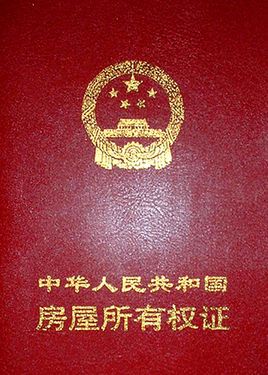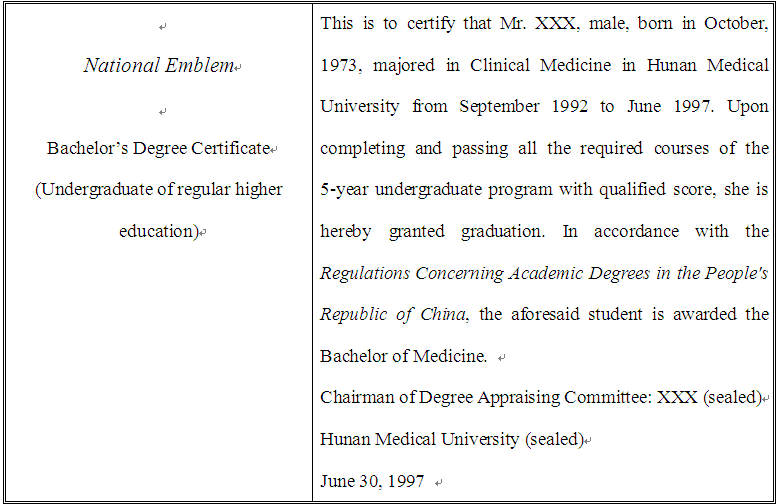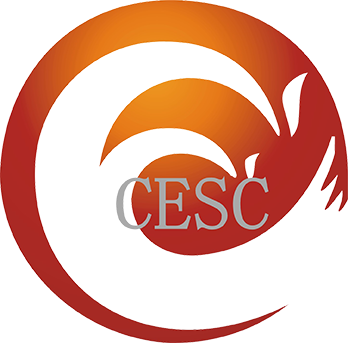思想学术论文翻译
学术论文是某一学术课题在实验性、理论性或预测性上具有的新的科学研究成果或创新见解和知识的科学记录,或是某种已知原理应用于实际上取得新进展的科学总结,用以提供学术会议上宣读、交流、讨论或学术刊物上发表,或用作其他用途的书面文件。 在社会科学领域,人们通常把表达科研成果的论文称为学术论文。 具有四大特点:①学术性 ②科学性 ③创造性 ④理论性
英信翻译公司是一家专业翻译服务机构,我们专注于学术论文翻译,对于学术论文翻译我们不仅要求翻译语言精准,还要在专业术语上达到高级法律级别以上的专业水准,我们的学术论文翻译译员都是经验丰富的法律类译员并长期从事翻译工作,翻译后由我们的翻译项目经理或资深的审译员进行多次的审查和校对,以确保用词严谨,表达清楚,逻辑性强,务必使得学术论文翻译不会产生歧义。
学术论文翻译服务范围:法学学术论文翻译、科技学术论文翻译、医学学术论文翻译、经济学术论文计算机学术论文翻译、化工学术论文翻译、管理学术论文翻译、材料学术论文翻译、计算机学术论文翻译等。
学术论文翻译语种:英语翻译,日语翻译,法语翻译,西班牙语翻译,阿拉伯语翻译等60多个语种,学术论文翻译人员20余名。
摘要:作为1980年代“文化:中国与世界”编委会主编的甘阳,他从1980年代至今一以贯之的是关注文化的思路。本文顺此“文化”视角来梳理他近三十年来思路中的不变与变化。不变的是他将文化放置于“古今中西”之争的架构下的讨论方式;最根本的变化则是由哲学到政治的转变,此政治是原初性的现实的政治世界。如此的对于政治的理解又是与质疑全球性普世化的特殊主义联系一起,这同时也使他对于“古今中西”之争的理解深化,其中的张力得以展开。他由此提出“通三统”说,再进而以社会主义、文化保守主义在排序上优先于自由主义,而社会主义又优先于文化保守主义。由于甘阳个人在当代中国思想学术界的某种特殊位置,通过对他个人的解读,自然也试图理解中国思想学术界晚近三十年来的变迁及其背后内在的历史动力,理解中国知识分子重返政治以及何谓真正的政治成熟的问题。
Abstract: Gan Yang, who used to be the chief editor of "Culture: China and World" that was published in the 1980s, has been consistently concerned with the question --------the train of thought on culture. From this perspective of "culture", this paper shall focus on his thought on two fronts: those unchanged and changed. What remains changeless is that he put culture in the framework of "ancient time, modern time, China and west" debate to talk about culture. The most fundamental alteration is the change from philosophy to politics. The latter refers to the realistic political world. Such a understanding of politics is related to particularism that questions global universalism. It, in the meantime, deepens his comprehension of the debate about ""ancient time, modern time, China and west". Therefore, he put forward "Tongsantong" theory and proceed to sort order for socialism, cultural conservatism and liberalism. And he put socialism ahead of cultural conservatism, with liberalism at the bottom of the list. Due to his special position in the realm of thought in China, he attempts to comprehend the changes that took place in the thought circle of China over the last 30 years, as well as the inherent historical impetus behind it. Besides, he also trys hard to probe into the fact that Chinese intellectuals returned to the political arena and what is political maturity in the real sense.



















